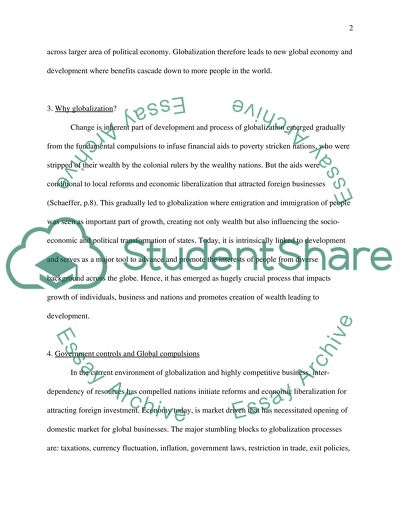Cite this document
(New Socio-economic Order and Political Economy Thanks to Research Paper, n.d.)
New Socio-economic Order and Political Economy Thanks to Research Paper. Retrieved from https://studentshare.org/macro-microeconomics/1461805-midterm-essay
New Socio-economic Order and Political Economy Thanks to Research Paper. Retrieved from https://studentshare.org/macro-microeconomics/1461805-midterm-essay
(New Socio-Economic Order and Political Economy Thanks to Research Paper)
New Socio-Economic Order and Political Economy Thanks to Research Paper. https://studentshare.org/macro-microeconomics/1461805-midterm-essay.
New Socio-Economic Order and Political Economy Thanks to Research Paper. https://studentshare.org/macro-microeconomics/1461805-midterm-essay.
“New Socio-Economic Order and Political Economy Thanks to Research Paper”, n.d. https://studentshare.org/macro-microeconomics/1461805-midterm-essay.


